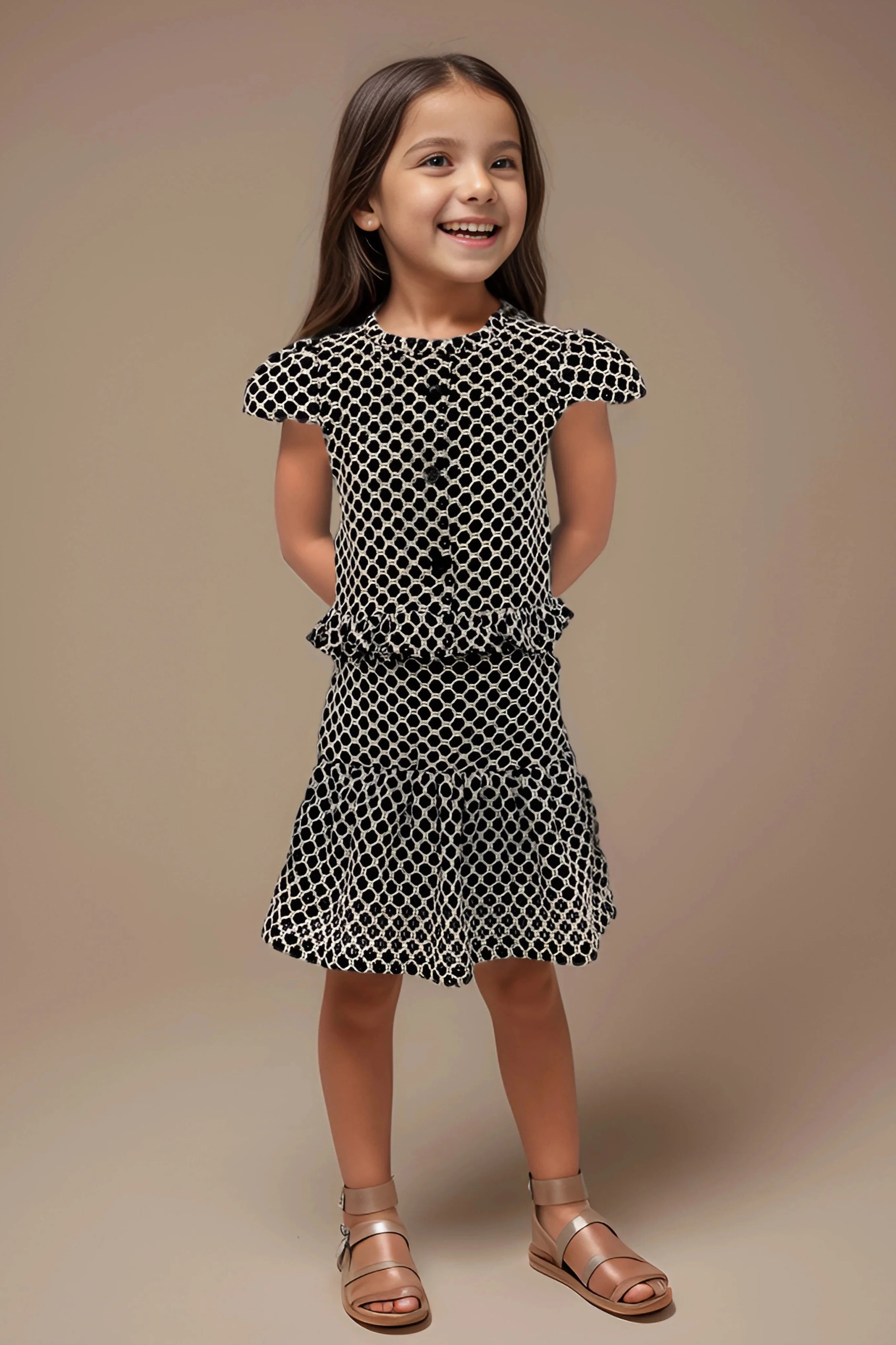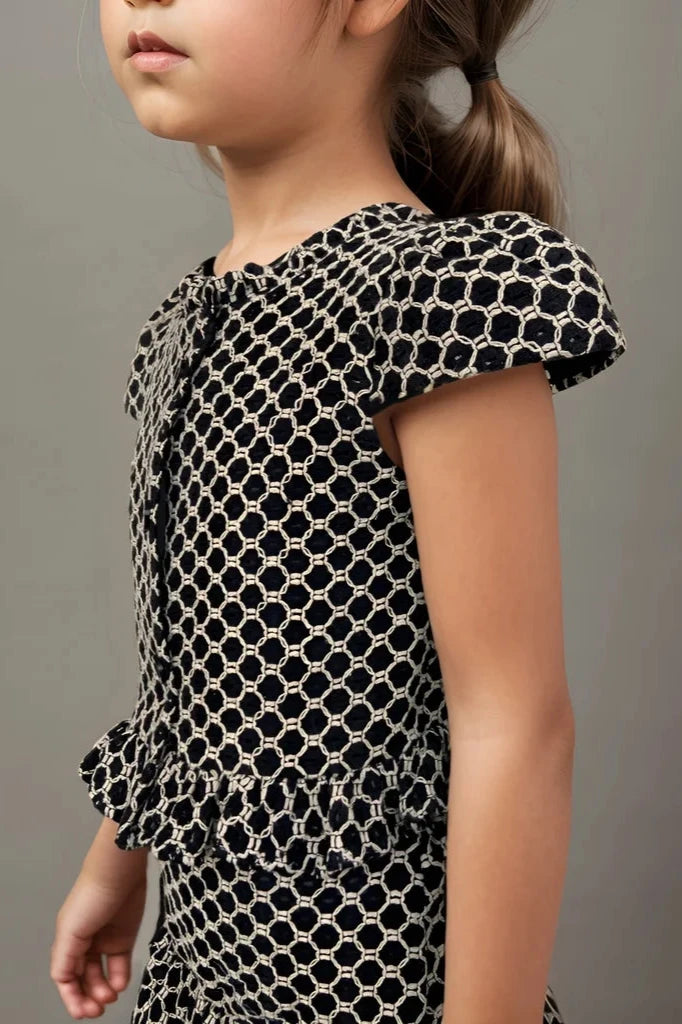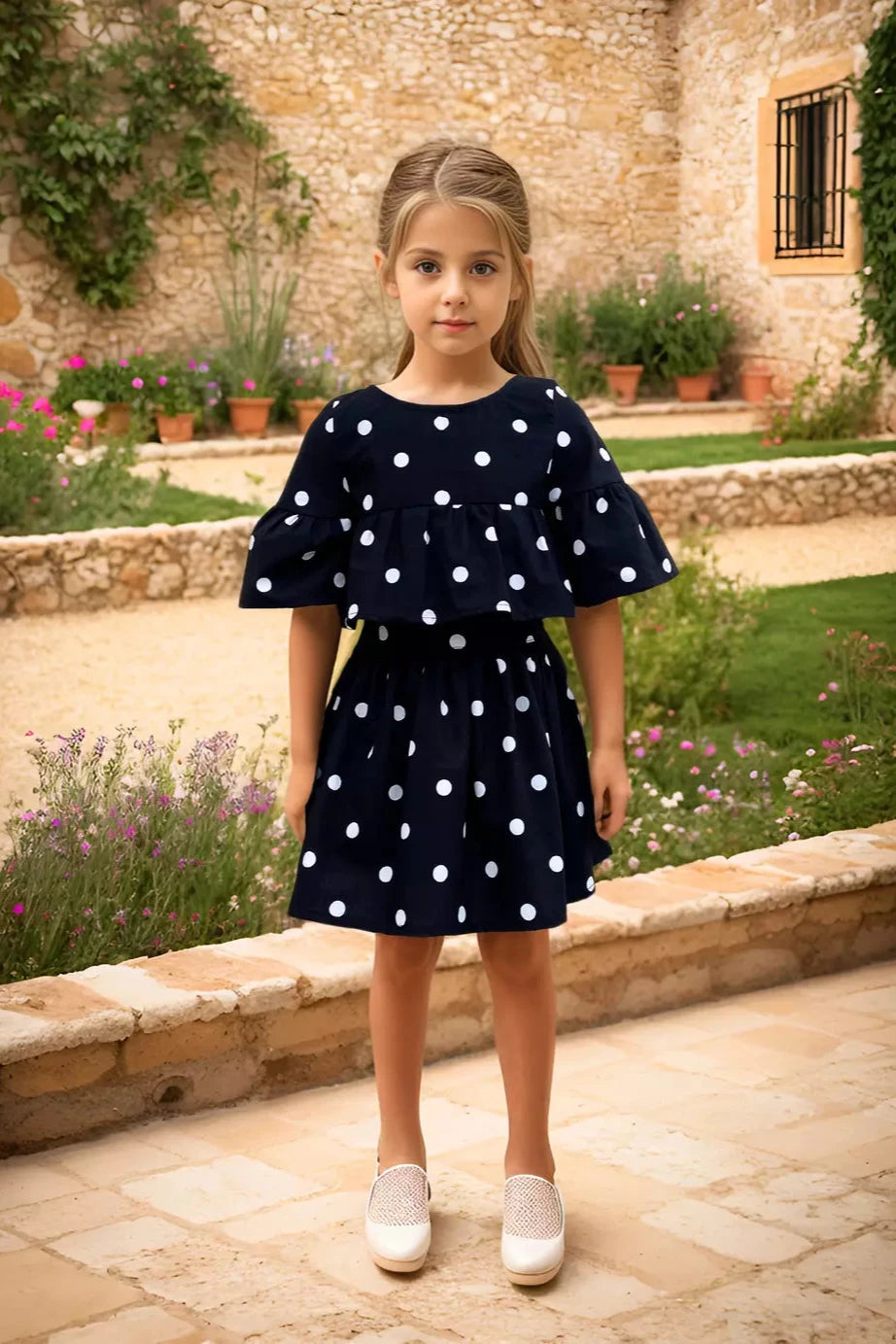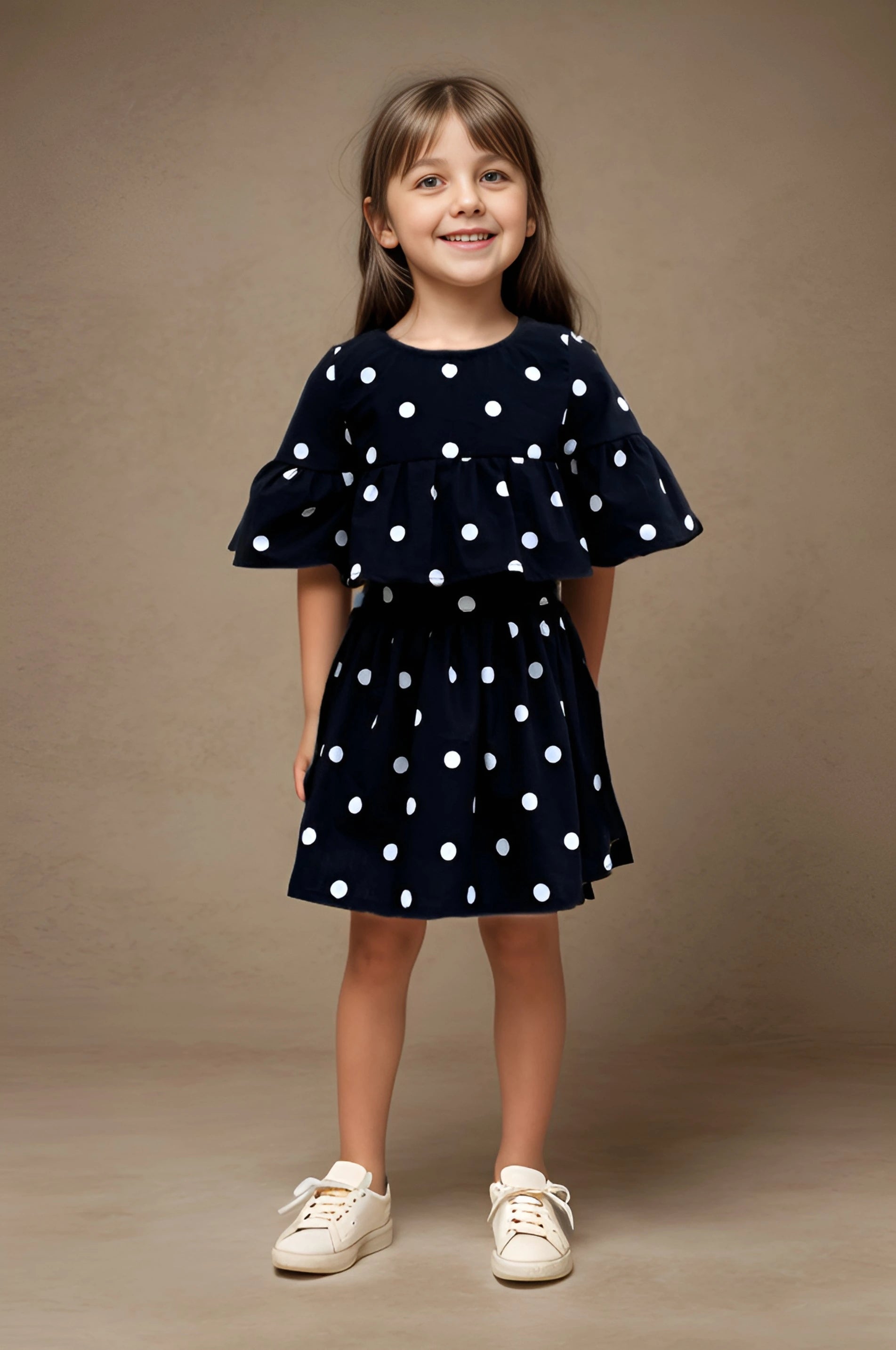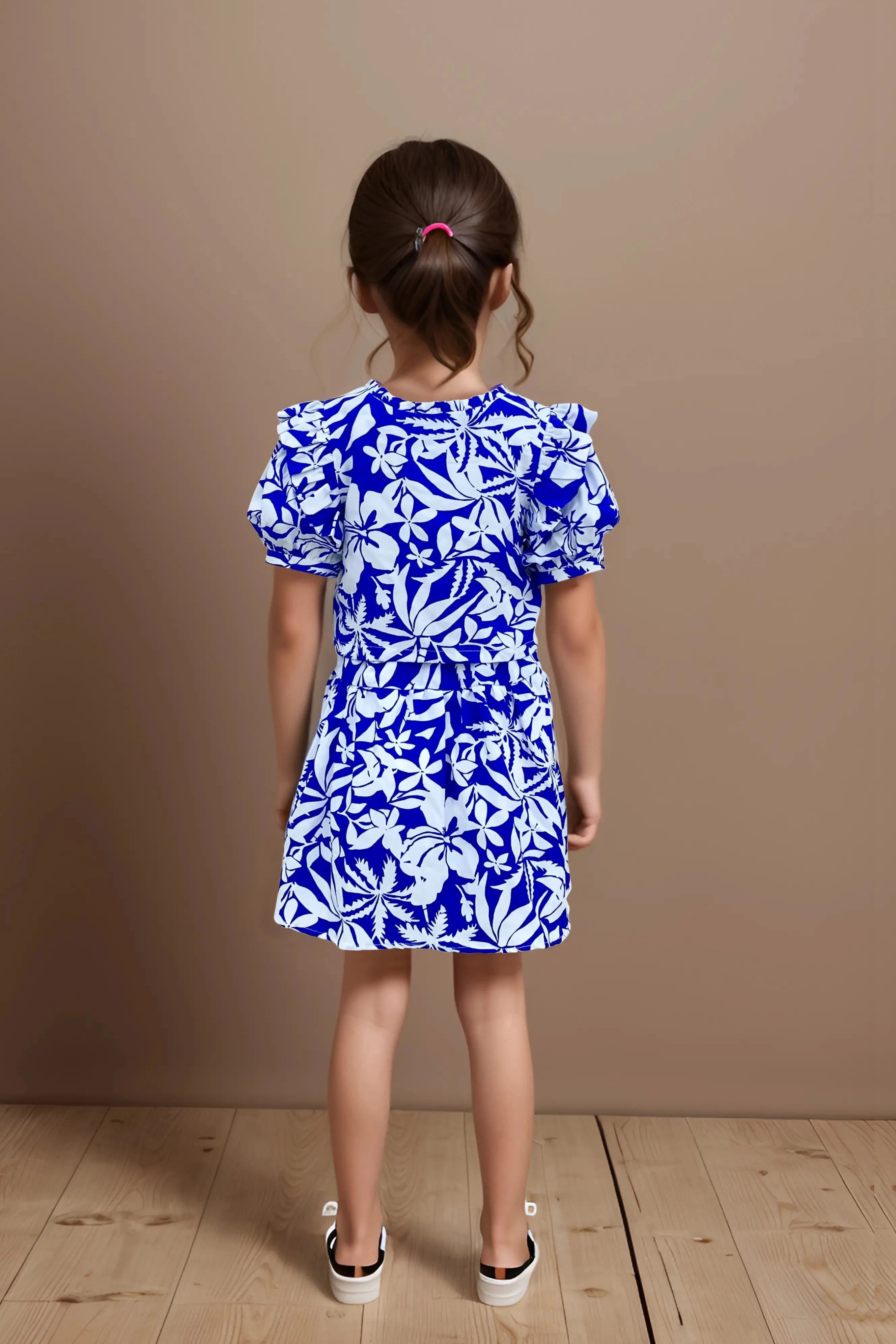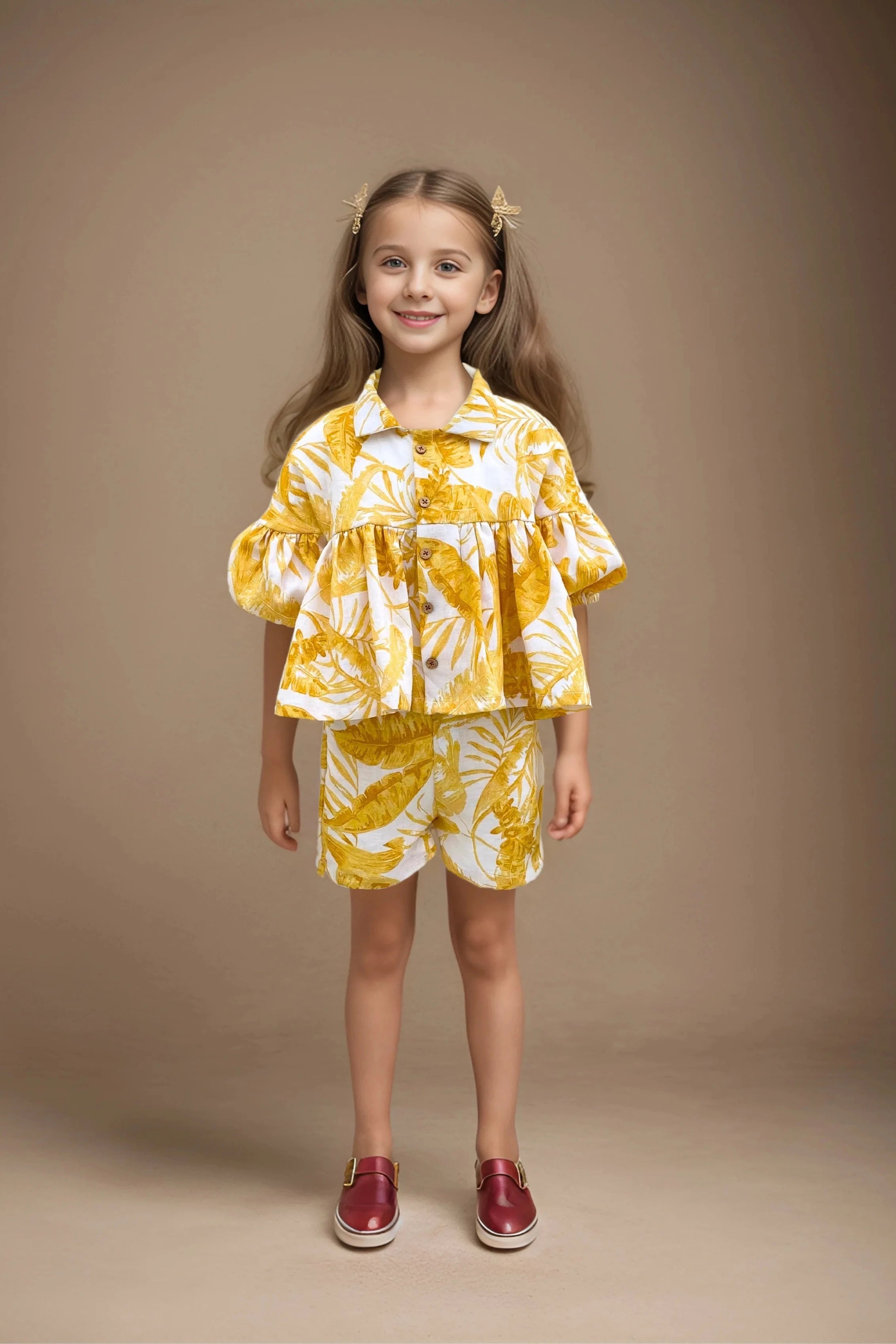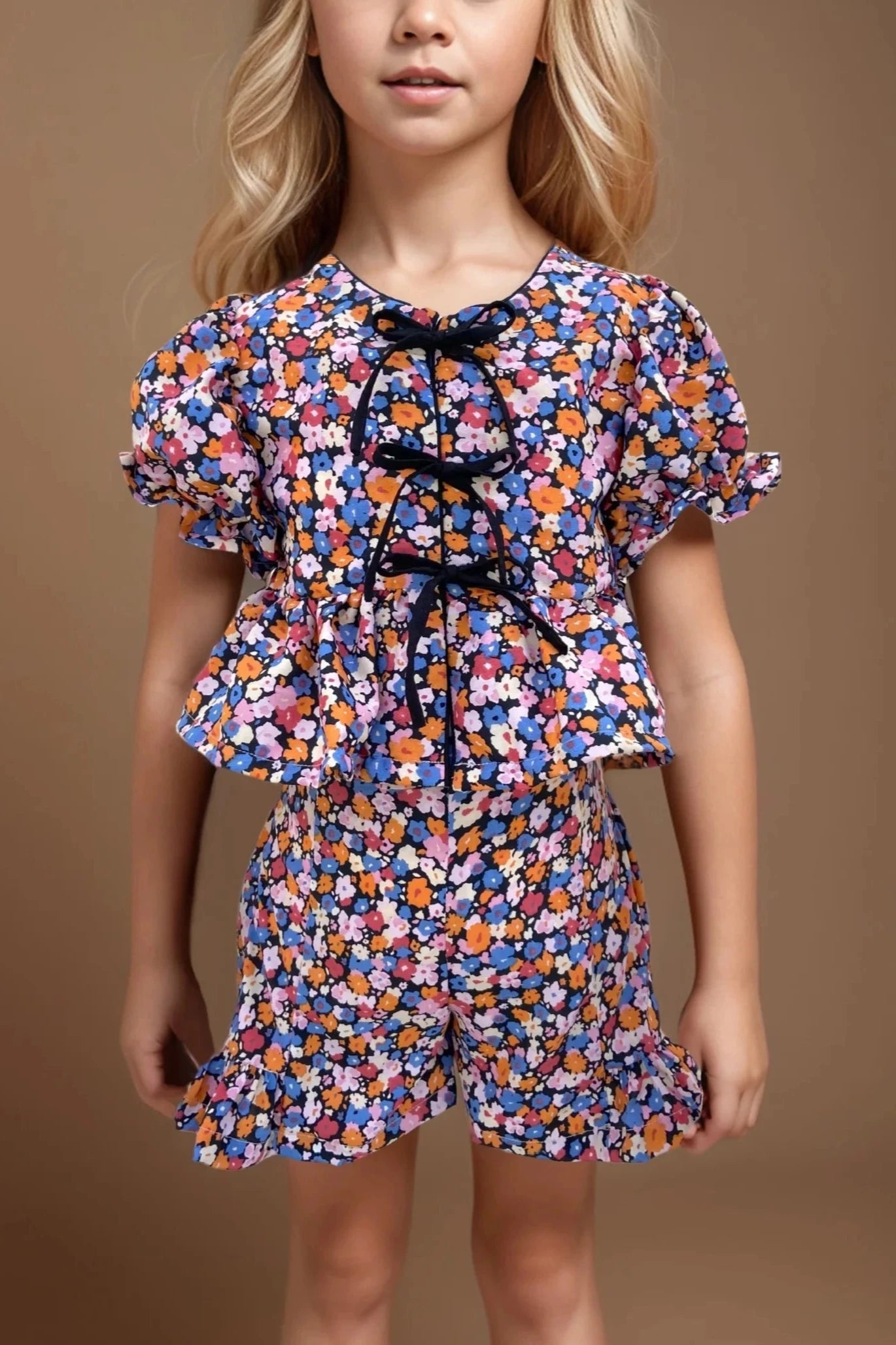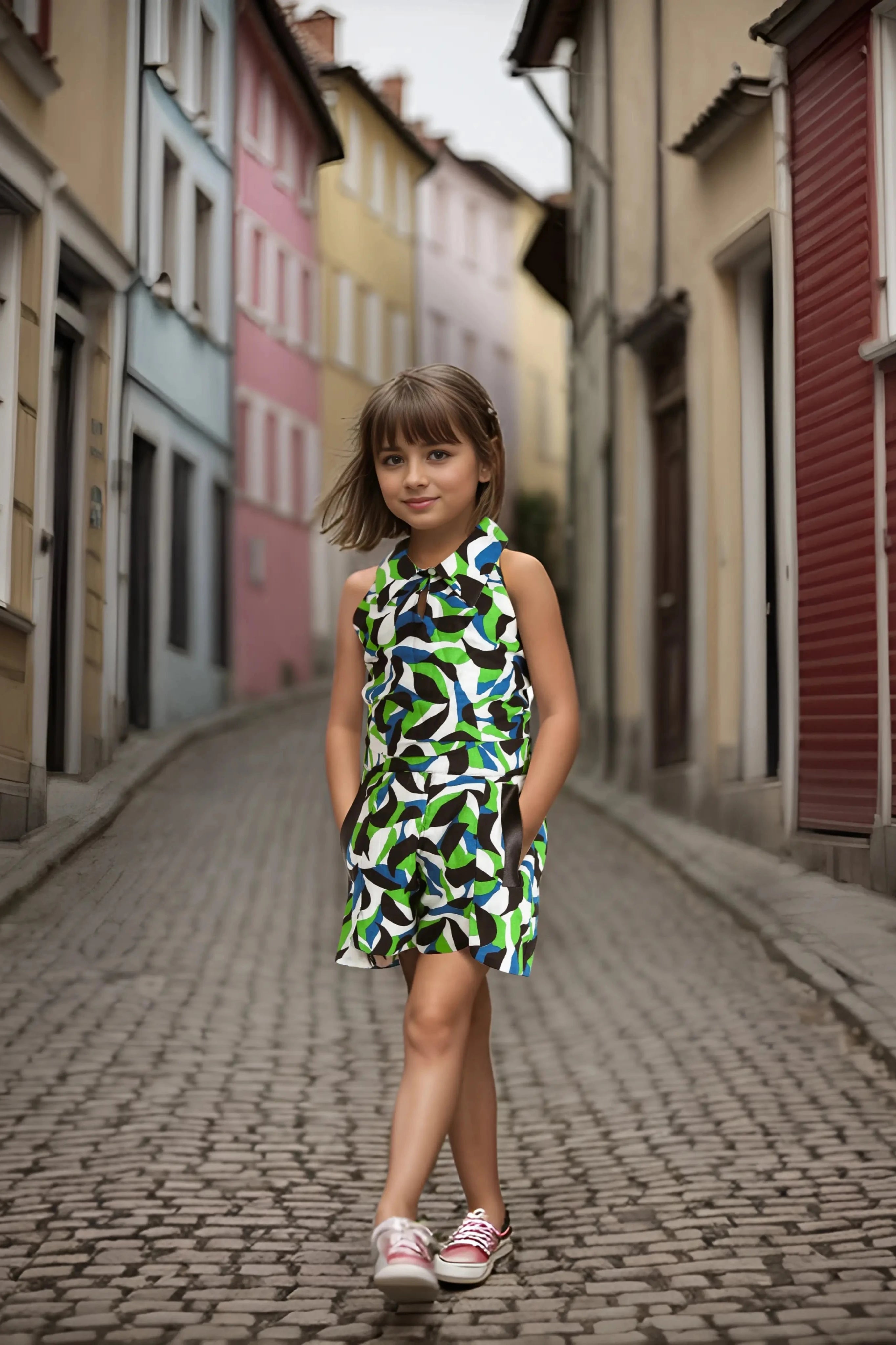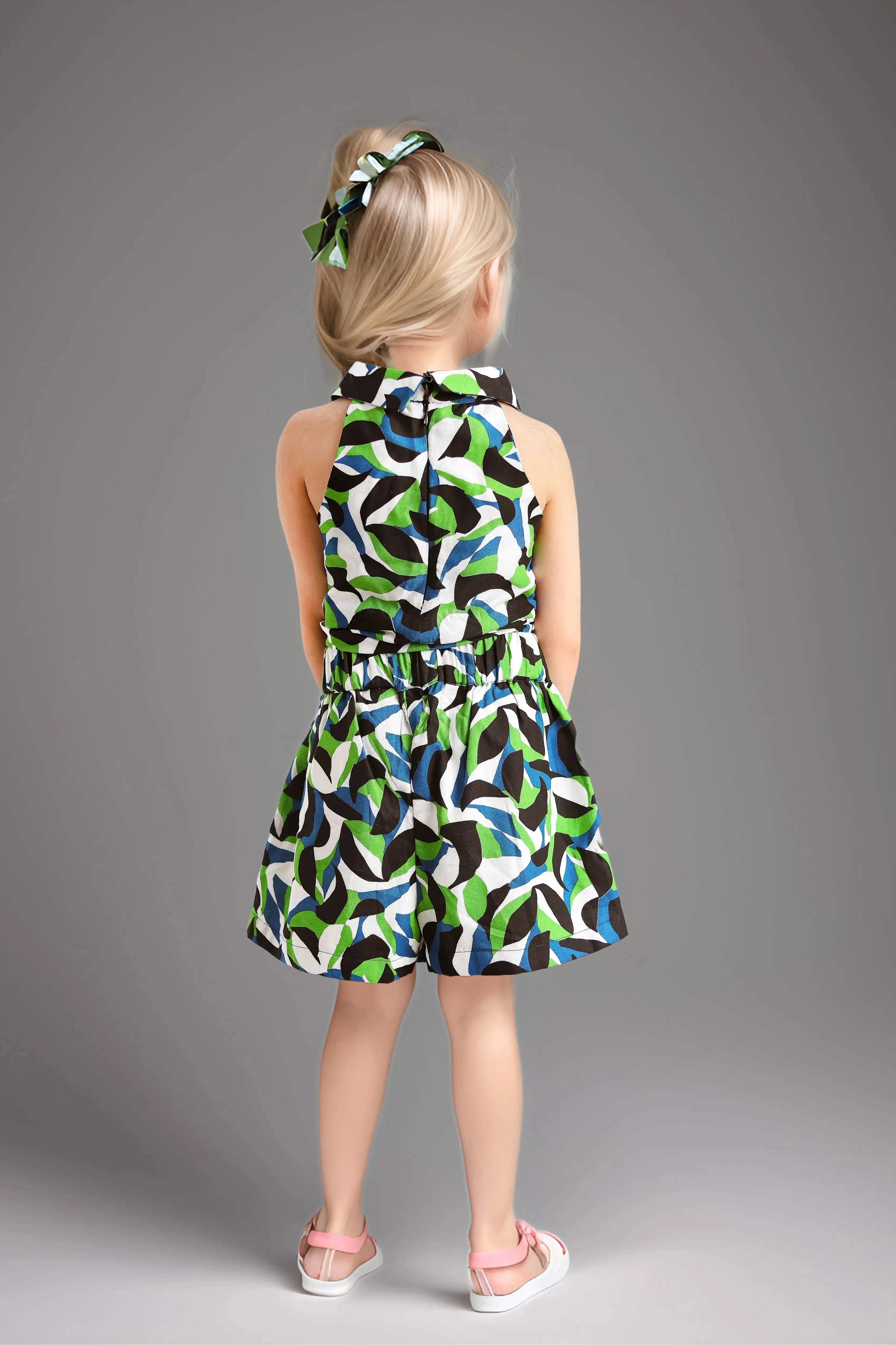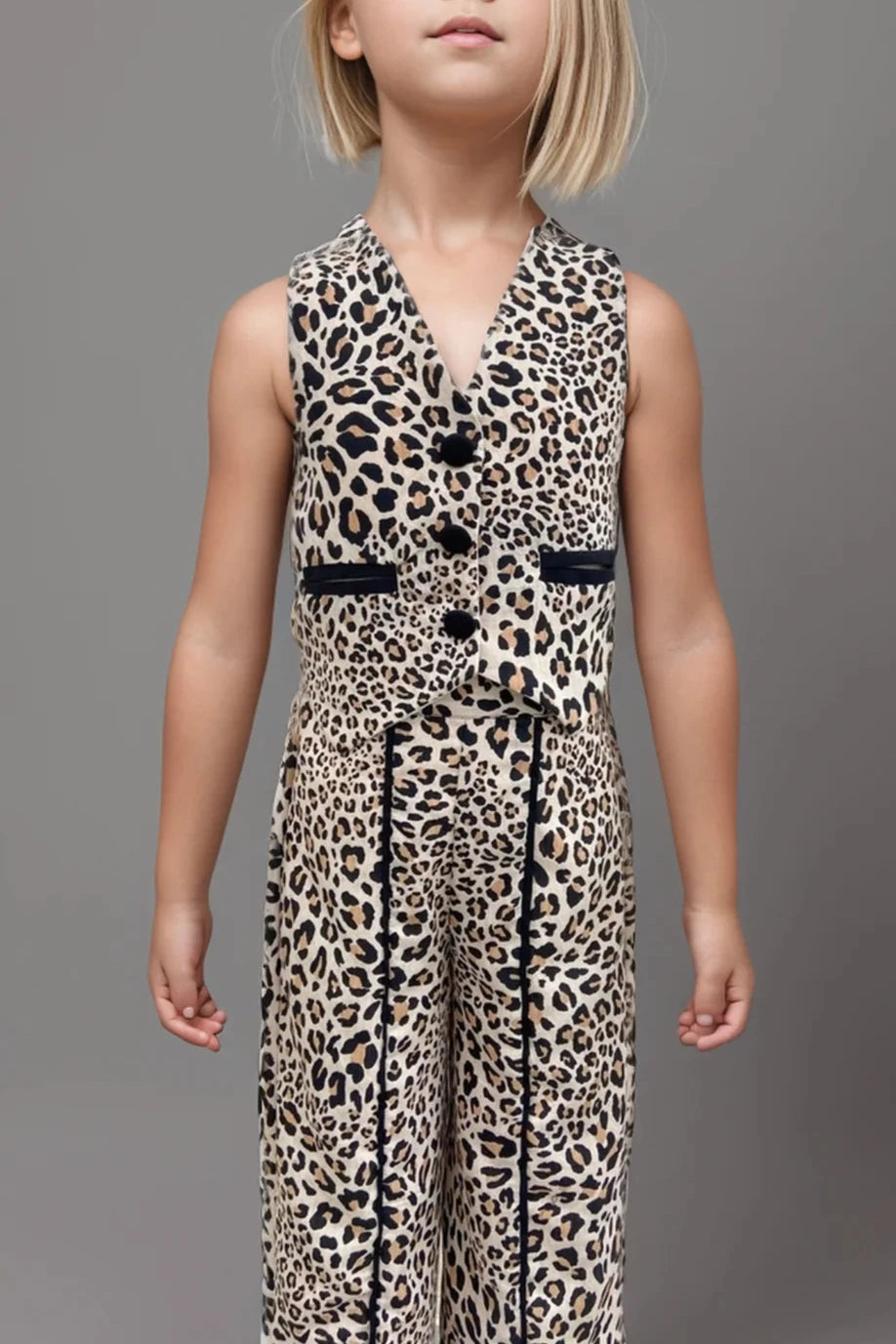Diarrhea In Children: Cause & Treatment
Table of Contents
- What Is Diarrhea in Infants?
- How to Tell if Your Baby Has Diarrhea
- Why Is My Baby Having Diarrhea?
- Is My Baby Getting Dehydrated?
- How to Treat Diarrhea at Home
- Foods to Avoid During Diarrhea
- Safe Medications and Probiotics
- Diaper Rash Prevention During Diarrhea
- When to Call the Doctor Immediately
- What to Expect During Recovery
- Final Thoughts
- FAQs About Infant Diarrhea
What Is Diarrhea in Infants?
Diarrhea in babies is more than just a loose stool. It’s defined by an increase in the number of bowel movements, a noticeable shift to watery consistency, and often a change in smell or color. Because infant poop varies a lot (especially in breastfed babies), the key is to watch for sudden changes from your baby’s usual pattern.
Diarrhea is one of the leading causes of doctor visits for children under 12 months worldwide. (Source: WHO)
Key signs of diarrhea in babies:
- More frequent bowel movements than usual (typically 3 or more watery stools a day)
- Watery or very loose consistency
- Sudden change in color, smell, or texture
- Signs of discomfort, gas, or cramping
- Possible diaper leaks due to runny stools
"In babies, a single watery stool isn’t a red flag. But if it happens multiple times, especially with signs of dehydration, we treat it more seriously." - Dr. R. Meena, Pediatrician, Chennai
Breastfed vs Formula-fed Babies: What’s Normal?
|
Feeding Type |
Normal Poop |
Diarrhea |
|
Breastfed |
Yellow, seedy, runny, mild smell |
Sudden increase in frequency, explosive, waterier than usual |
|
Formula-fed |
Tan or brown, pasty or formed |
Looser than normal, green or yellow, foul smell, frequent |
Glossary:
- Watery stool - Stool that is mostly liquid and runs freely into the diaper, not just soft.
- Blowout - When poop leaks from the diaper, often a sign of very loose stools.
How to Tell if Your Baby Has Diarrhea
Diarrhea in babies means more frequent, loose, or watery stools than usual. Here’s how to recognize it:
- Stools become watery or very loose instead of the normal soft or formed texture.
- Your baby may have several bowel movements in a day, more than usual.
- Diarrhea often has a stronger smell and can be yellow, green, or even mucus-filled.
- You might notice your baby needs diaper changes much more often.
Differences by feeding type:
- Breastfed babies: Their stools are often soft and seedy, but diarrhea will be noticeably more watery and frequent.
- Formula-fed babies: Usually have firmer stools; watery or very loose stools can be a clearer sign of diarrhea.
If your baby’s stool suddenly changes and they seem uncomfortable, have a fever, or show signs of dehydration, it’s important to monitor closely and seek advice.
"Parents often wonder if their baby’s loose stools are just normal variation or diarrhea. Look at changes from your baby’s usual pattern - that’s the key." - Dr. Priya Nair, Pediatrician
Why Is My Baby Having Diarrhea?
Diarrhea is the body’s way of flushing out irritants and in babies, those irritants can come from many directions. Most cases are mild and temporary, but knowing the cause helps you care for your baby better.

Most common causes of baby diarrhea:
- Viral infections: Rotavirus is the most common. Others include norovirus and adenovirus.
- Bacterial infections: Rare in infants, but bacteria like Salmonella or E. coli can cause severe diarrhea.
- Antibiotics: If your baby recently took antibiotics, it may have upset the balance of gut bacteria.
- New foods (for babies 6+ months): Certain fruits (like prunes or pears), juices, or sudden food changes can trigger loose stools.
- Teething: Teething itself doesn’t cause diarrhea, but increased saliva swallowed can loosen stools slightly.
- Formula issues: Sensitivity or intolerance to a type of formula or ingredient (like lactose) can lead to chronic loose stools.
- Allergies or intolerances: Cow’s milk protein allergy or soy intolerance can cause diarrhea, often with other signs like rashes or mucus in stool.
According to WHO, over 500,000 children under age 5 die each year due to diarrhea-related dehydration - even though it's preventable with simple care.
Glossary:
- Rotavirus - A contagious virus and leading cause of diarrhea in infants, especially under 2 years.
- Lactose intolerance - When a baby can’t digest the natural sugar in milk, causing bloating, gas, and diarrhea.
Is My Baby Getting Dehydrated?
Dehydration is the biggest risk when a baby has diarrhea and it can escalate quickly. Babies under 12 months have a smaller fluid reserve, so even a few hours of frequent watery stools can cause concern.
Red flags that need quick attention:
- Dry mouth or cracked lips
- Sunken eyes or a sunken soft spot (fontanelle)
- No tears when crying
- Cold hands and feet
- Less active or unusually sleepy
- Dark yellow urine or fewer wet diapers (less than 4 in 24 hours)
Mild signs to monitor:
- Fussier than usual
- Slightly drier skin
- Fewer bowel movements but still alert
Glossary:
- Fontanelle - The soft spot on a baby’s head. If it looks sunken, it may signal dehydration.
- Wet diapers - A simple rule: if your baby has less than 4–5 wet diapers in 24 hours, it's time to call your doctor.
How to Treat Diarrhea at Home
Most infant diarrhea doesn’t need medicine, it needs rest, fluids, and patience. The goal is to keep your baby hydrated and comfortable.

What You Can Do:
- Continue feeding (breast milk or formula). Don’t stop unless advised.
- Use oral rehydration solutions (ORS) like Pedialyte if your doctor suggests it.
- Offer small, frequent feeds instead of large ones.
- Monitor wet diapers, at least 6 a day is a good sign.
- Gently clean the diaper area after each stool and apply a barrier cream to prevent rash.
Probiotics: Do They Help?
Some pediatricians recommend baby-safe probiotics to support gut health. Check with your doctor before giving them.
Did you know? Nearly 1 in 9 child deaths worldwide are linked to diarrhea-related complications (WHO). Most of these are preventable with timely care and hydration.
Foods to Avoid During Diarrhea
When babies begin solids, some foods can worsen diarrhea or irritate the gut.
If your baby is eating solids, avoid:
- Juices (especially apple or pear): high in sugar, can worsen stool frequency
- Fatty or fried foods
- Spicy or seasoned items
- High-fiber vegetables like broccoli and cauliflower
- Dairy products other than breast milk or formula (like yogurt or cheese), unless doctor-approved
Quick tip: Stick to gentle foods like mashed banana, plain rice, or boiled carrots once your pediatrician says it’s okay to reintroduce solids.
I gave tender coconut water to my 2-year-old when she had diarrhea. It really helped. - Mahavig, Mom Insider Community
Safe Medications and Probiotics
Medications are rarely needed for diarrhea in infants—and some can even make things worse. Most cases can be managed with fluids, feeding, and watchful care.
What’s not safe:
- Anti-diarrheal medicines (like loperamide) are not safe for babies under 2 years unless prescribed.
- Antibiotics are only used if a bacterial infection is confirmed.
“My pediatrician recommended Enterogermina for my baby when she was teething and putting everything in her mouth.” - Maimoon, Mom Insider Community
What may help:
- Fever medicine (like infant paracetamol) if your baby has a high fever, only after pediatrician approval.
- Probiotics like Lactobacillus GG may reduce the duration of diarrhea, but only use baby-formulated ones and consult your doctor first.
Glossary:
Probiotics - Live, beneficial bacteria that help restore the natural balance of gut microbes. Often recommended during or after illness to support digestion.
Diaper Rash Prevention During Diarrhea
Frequent, watery stools can be harsh on a baby’s delicate skin. Diaper rash is one of the most common and painful side effects of diarrhea.
Prevent and treat diaper rash with:
- Frequent diaper changes, change as soon as they soil the diaper.
- Gentle cleaning, use soft wipes or just water and cotton. Pat dry, don’t rub.
- Apply a thick layer of barrier cream (zinc oxide works well) every time.
- Give your baby diaper-free time to let the skin breathe.
"We switched to cloth diapers during his diarrhea episodes and used coconut oil, it really helped soothe the rash." - Mahi, mom of an 11-month-old
When to Call the Doctor Immediately
Most mild diarrhea cases don’t need emergency care. But some signs mean your baby needs help right away.
Call your pediatrician or seek urgent care if:
- Your baby is under 3 months and has diarrhea with a fever over 100.4°F (38°C)
- Diarrhea lasts more than 24 hours in infants under 6 months
- Signs of dehydration, like:
- No tears when crying
- Dry mouth or lips
- No wet diaper in 6+ hours
- Sunken eyes or soft spot - Bloody, black, or green stools
- Repeated vomiting or refusal to feed
- Baby seems very sleepy, limp, or unusually irritable
"With diarrhea, the biggest red flag is dehydration. Always watch their diaper count and energy levels." - Dr. Shruti Menon, Pediatrician
What to Expect During Recovery
Most babies bounce back quickly once diarrhea subsides, but the gut may take a few days to settle.
Here’s what’s normal during recovery:
- Mild, soft stools for a few more days
- Slight change in poop color or smell
- A return of appetite before the poop fully normalizes
Keep up with:
- Regular feeds (breastmilk or formula)
- Extra fluids (like oral rehydration solutions)
- Plenty of rest and cuddles
According to the WHO, diarrhea is the second leading cause of death in children under 5 worldwide-yet it’s highly preventable with timely care and hydration.
Can You Prevent Infant Diarrhea?
While not every case is avoidable, there are simple and effective steps to reduce your baby’s risk of diarrhea:
- Wash your hands thoroughly before feeding or handling your baby.
- Sterilize bottles, pacifiers, and utensils regularly.
- Breastfeed if possible: Breast milk contains antibodies that help protect your baby’s gut.
- When starting solids, avoid foods that commonly upset the tummy or cause allergies.
- Offer fluids regularly, especially if they seem unwell.
- Keep your baby away from people with stomach infections.
- Rotavirus vaccine is highly effective in preventing severe diarrhea.
Final Thoughts
Diarrhea in infants can be worrying, but with attentive care, most cases resolve quickly without complications. The key is to stay calm, keep your baby hydrated, and watch for any warning signs.
Remember, you know your baby best. Trust your instincts and don’t hesitate to seek medical advice when something feels off.
Related:
- Check out our blog on Pacifier for Newborn - Good or Bad? Everything Parents Need to Know.
- Check out our blog on Colic in Babies: How to Prevent and Soothe Safely.
- Check out our blog on Vaccination Schedule in India for Kids.
- Check out our blog on Top WhatsApp Groups for Moms in India.
FAQs About Infant Diarrhea
1. Can teething cause diarrhea?
Teething can sometimes cause mild changes in stool consistency, but true diarrhea is usually caused by an infection or illness, not teething itself.
2. Is yellow watery diarrhea normal?
Yellow watery stools can be normal for breastfed babies. However, if it’s very frequent or accompanied by other symptoms like fever or dehydration, it’s best to check with your doctor.
3. What is the best food during loose motion in babies?
For babies starting solids, offer bland, easy-to-digest foods like mashed bananas, cooked carrots, or rice cereal. Continue breastfeeding or formula feeding to keep your baby hydrated.
4. How fast does ORS work?
Oral Rehydration Solutions (ORS) start working quickly to replace lost fluids and electrolytes, usually within a few hours, helping prevent dehydration.
5. Can breast milk cause diarrhea in newborns?
Breast milk is rarely the cause of diarrhea. However, if the breastfeeding mother eats something that irritates the baby’s stomach, it might cause loose stools.
6. Is green poop a sign of diarrhea?
Green poop isn’t always diarrhea. It can result from diet, foremilk-hindmilk imbalance in breastfeeding, or a mild digestive upset.
7. What to give a 6-month-old baby for diarrhea?
Continue breastfeeding or formula feeding. Introduce small amounts of bland solids like bananas or rice cereal. Avoid sugary or fatty foods.
8. Should I stop feeding during diarrhea?
No. It’s important to continue feeding your baby to maintain nutrition and hydration. Offer frequent breastfeeds or formula feeds and small amounts of ORS if recommended.








